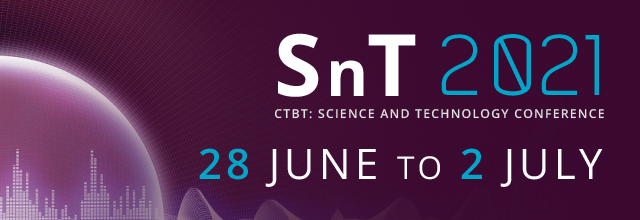Speaker
Description
Instrument response issues are common in seismology, and they can hinder research. We use large data sets to develop models that will predict high-frequency seismic amplitudes, which requires extensive quality control. To identify response and station health issues, we have collected time histories of noise measurements near (but not restricted to) midnight to eliminate diurnal variations, and have manually determined time intervals that appear inconsistent with background behavior. We assign descriptive labels, but do not attempt to diagnose causes. We currently use results to discard data. To date, we have examined 39,260 channels from 11,105 stations, heavily weighted toward Incorporated Research Institutions for Seismology (IRIS) holdings, at bands between 1 and 8 Hz, finding 24,733 anomalous time intervals that represent 13% of the total inspected time range. The majority (90%) of these intervals are constant offset shifts, often bounded by known instrument changes, likely resulting from poor response documentation at one of many stages between the field and publication. We hope these results can be of use to our colleagues, and encourage community efforts to diagnose anomalous behavior, and fix poor responses. We also hope these results will support automation efforts, including application of supervised learning techniques.
Promotional text
We demonstrate methods to improve nuclear monitoring and verification through studying noise time histories that can be used to identify issues with seismic instrumentation and calibration.

